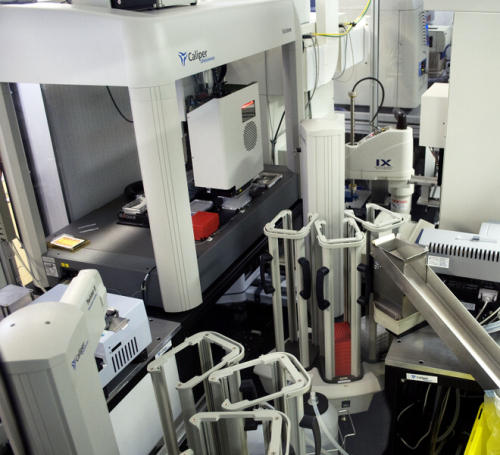According to foreign media reports, the two research groups said on April 2 local time that they made major breakthroughs in the field of artificial intelligence and successfully developed robots capable of independently reasoning out theories and exploring scientific knowledge. At the University of Aberystwyth, Wales, in the United Kingdom, Rose King and colleagues developed a robot called "Adam," that could not only perform experiments on yeast metabolism, but also infer experimental results and plan for the next phase experiment. Related research was published in the latest issue of Science, along with scientific papers from Hod Lipson and Michael Schmidt at Cornell University. The computer programs developed by these two scientists unlock the basic laws of physics that lead to double pendulum shaking. By quickly calculating large numbers, this program breaks Newton's laws of motion and other scientific properties. Blast Freezer,Kitchen Blast Freezer,Rapid Freezer,Auto-Defrost Quick Freezer Guangzhou Nernst Catering Equipment Co., Ltd. , https://www.nernstcatering.com
The first robot to independently implement scientific discoveries
Adam was the first robot in the world to independently carry out scientific discoveries, for example, to unravel the new findings of baker's yeast genetics. King said in an interview: "Adam can independently reason, and then start the experiment, after checking we found that it did get the correct experimental results.From the 1960s, scientists have been dreamed of let the robot to implement science When we first sent the robot to Mars, scientists really wanted the robot to experiment independently on Mars, and now nearly 50 years have passed and this desire has finally come true.
The research team plans to apply such a highly intelligent robot to a series of scientific positions in the future to reveal the secrets of complex biological systems, design new drugs, simulate the global climate and unravel the many mysteries of the universe. Right now, they can only do more ordinary jobs.
Next Goal: Smarter Robot Eve
King said their next research goal is a robot called "Eve." Compared to "Adam", "Eve" will have more intelligence, can be applied to the study of new drugs to go. Kim hoped that the application of highly intelligent robotics to the screening of tens of thousands of compounds for potential new drugs is particularly important in finding ways to treat long-neglected tropical diseases like malaria.
Lipson does not believe robots will completely replace scientists soon enough, but he believes robots can replace scientists to do part of their day-to-day research. Lipson told reporters on a conference call: "One of the biggest challenges in science today is finding some basic algorithms in areas that require massive data processing, which can help us speed up the process of discovering the science behind these data. "
The world's first robot that can make scientific research independently
